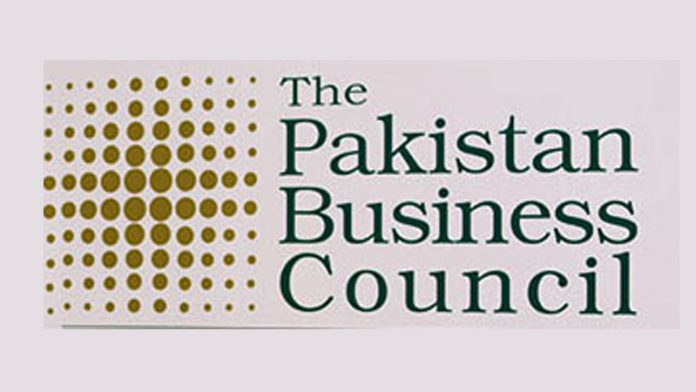The Pakistan Business Council (PBC) has cautioned that the government’s target of achieving $60 billion in exports by 2027 may not be met following a sharp increase in gas prices for captive power plants (CPPs).
The government raised gas prices for CPPs through a presidential ordinance issued on Sunday, increasing the cost from Rs2,400 per million British thermal units (mmBtu), or $8.8, to Rs4,200 per mmBtu, or $15, once all levies are applied.
In a letter to Prime Minister Shehbaz Sharif, PBC Chief Executive Ehsan Malik stated that the higher gas cost would impact both exports and domestic manufacturing. He noted that at $15 per mmBtu, the price would be more than double that charged to CPPs in Bangladesh and could exceed the global price of re-gasified liquefied natural gas (RLNG) at the time.
The Economic Coordination Committee (ECC) increased gas prices for CPPs by 18% last week, and the government introduced a special levy of up to 20% in four phases, ending in August 2025. The first phase, effective Sunday, imposed a 5% levy, with the second phase set for July.
More than 50% of Pakistan’s export volume is produced in plants using gas-fueled captive power. PBC stated that Pakistan’s industrial electricity tariff stands at 17 cents per kilowatt-hour, compared to 6 to 8 cents in India and Vietnam and 9 to 10 cents in Bangladesh.
PBC referenced the export target announced by the prime minister on July 23, 2024, noting that a 113% increase over the International Monetary Fund’s (IMF) projected $37.2 billion exports for FY24 would require additional measures. The council previously expressed concerns about the process of setting the target, highlighting a lack of consultation with exporters, high energy costs, and the need for investment in export diversification.
The increase in gas prices follows the U.S. imposing tariffs on imports from China. PBC stated that higher energy costs may prevent Pakistan from benefiting from order diversions.
PBC also raised concerns about shifting industries to the national grid, stating that some businesses may not be able to transition in the time frame outlined in the ordinance, while others would need to make additional investments after previously establishing captive power units. The council noted that this shift could lead to higher reliance on alternative energy sources, increasing foreign exchange outflows for equipment such as solar panels.
If some industries move to the grid, Sui Southern Gas Company (SSGC) and Sui Northern Gas Pipelines Limited (SNGPL) could lose high-paying industrial consumers, leaving them with mostly lower-tariff domestic users. PBC stated that this could widen gas companies’ deficits, requiring either government intervention or further gas price hikes for domestic consumers.
The council urged the government to reconsider the impact of higher gas prices on exports and manufacturing, calling for policy adjustments to support industrial competitiveness.




